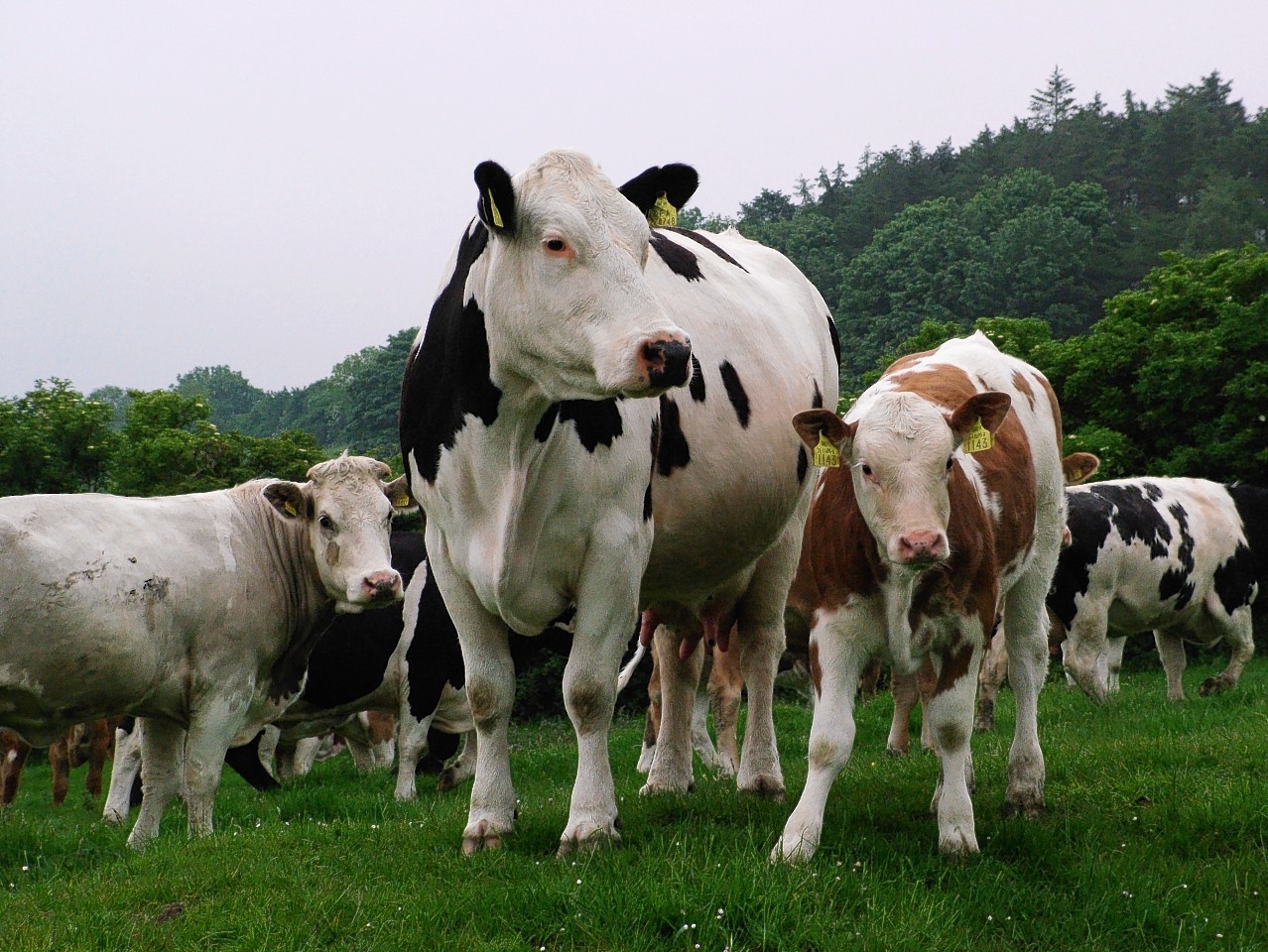Scots researchers have launched a new test in the fight against long bone deformity in suckled calves.
SRUC’s veterinary services division has developed a blood test to measure manganese in cows, as long bone deformity has been linked to manganese deficiency in the mother cow during pregnancy.
This deficiency is thought to occur when manganese has been provided to the cow almost entirely by ensiled forage – both grass and whole crop.
Researchers believe cows are unable to absorb the manganese as it often remains locked up in the silage ration due to the presence of an as yet unknown compound within the silage.
Prior to the launch of the new blood test, farmers relied on reducing the amount of silage in a cow’s feed ration as a form of disease prevention.
And in instances where reducing the silage ration was not an option, cows were fed manganese supplements.
SRUC Veterinary Services – part of SRUC’s SAC Consulting division – said the new test for measuring the concentration of manganese in the blood of cows would provide a new tool to monitor managnese levels in herds with a high risk of calves being born with long bone deformity.
“We recommend that once cows have been on the silage ration for more than a week they should be blood sampled. At least six cows should be bled,” said SRUC veterinary manager George Caldow.
“Where low concentrations of manganese are found then manganese enriched mineral supplement can be added to the ration. Follow up sampling can then be carried out to show the effect that the supplementation has had on the blood manganese concentration.”
He added that certain mycotoxins could have an impact on the normal growth of bones in the developing calf during pregnancy, causing a similar deformity as long bone deformity.
“Therefore, visibly spoiled forage should not be fed to pregnant cows to minimise this risk,” said Mr Caldow.
